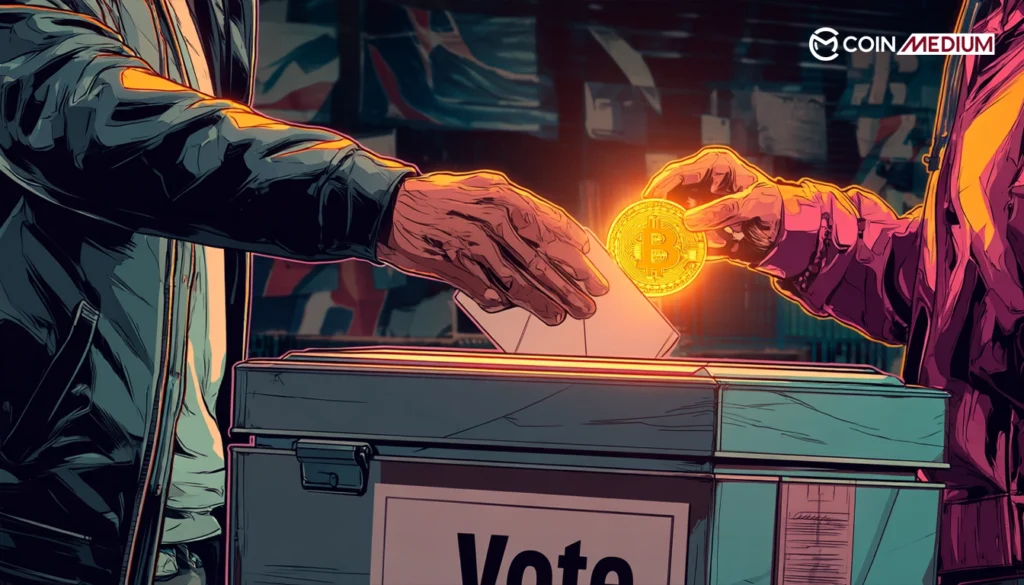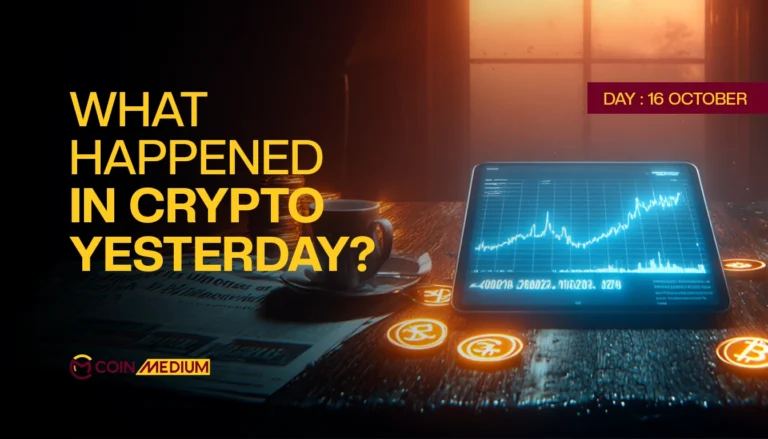Moldovan President Maia Sandu has accused Russia of orchestrating a large-scale election interference campaign using $114.4 in cryptocurrency to covertly funnel funds into Moldova ahead of the Moldovan elections scheduled for September 28.
President Sandu claimed that Russian interests are preparing to inject millions worth of digital assets into Moldova’s political system, to finance electoral corruption, including vote-buying schemes, and to bolster pro-Russian candidates through widespread propaganda efforts.
“This is part of a broader strategy aimed at undermining our democracy and installing Moscow-backed loyalists,” President Sandu warned.
Her remarks did not include concrete evidence directly linking the funds or interference operations to Russian state actors. However, Moldovan intelligence officials say they are continuing to investigate.
However, according to Reuters, the Kremlin has denied the allegations and called them unfounded.
There are currently rising tensions between Moldova and Russia and both nations continue to offer divergent narratives.
Moldova has previously accused Russia of meddling in its 2024 presidential election and an EU membership referendum. But Kremlin has consistently denied.
In recent months, Moldova’s cybersecurity agencies have reported a significant uptick in cyberattacks. This includes phishing campaigns targeting election infrastructure and government officials. While authorities suspect Russian involvement, Moscow has again denied any connection.
Cybersecurity analysts and crypto forensic experts are now intensifying their scrutiny of blockchain activity. They lookout for large, suspicious transfers or politically connected wallets as the campaign season ramps up.
Internationally, U.S. authorities have documented multiple cases of Russian interference in their own elections as well. Earlier in July, The U.S. Treasury Department also sanctioned a Russia-based bulletproof hosting (BPH) service for allegedly facilitating ransomware campaigns and information theft.
The use of cryptocurrency in foreign election interference is not new. In December 2024, Protos reported on an obscure, pro-Russian candidate who surged in online popularity after pro-Kremlin influencers allegedly received digital payments to promote him on platforms like TikTok.
As Moldovan Elections approaches, it’s important to note that this election is a pivotal step in democracy and if Russia is involved in an election interference campaign, it’s a dark indication of decentralized digital asset’s ability to undermine democratic processes.
It is also interesting to see that as long as countries are at war, cyberspace will also be a battleground.








